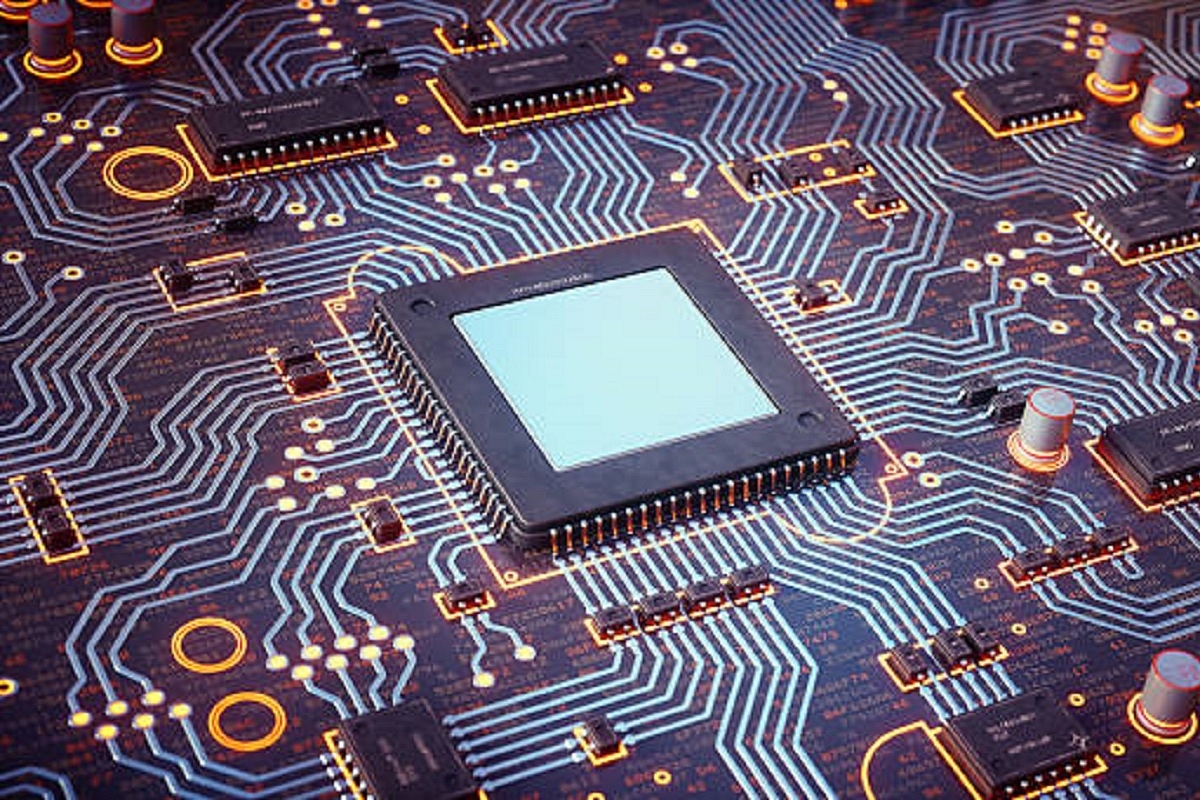World
Chip Wars: China Hits Back At The West With Export Controls

Semiconductor manufacturing. (Representative image)
China has responded to the US-led restrictions on semiconductor sales by implementing export restrictions on two metals used in chipmaking and communications equipment.
The Ministry of Commerce and Administration of Customs in China announced that gallium and germanium would be subject to these restrictions starting from August.
The aim is to safeguard national security and interests, as both materials have applications in specialized uses, including military and communications equipment.
This move by China comes shortly after the Netherlands revealed plans to impose controls on the sale of high-end chipmaking equipment abroad. This is expected to prevent the shipment of advanced semiconductor-making tools produced by Dutch company ASML to Chinese firms.
The Dutch controls, which claim to be "country neutral," will be enforced from 1 September. Similar restrictions on semiconductor manufacturing equipment have already been implemented by the US and Japan.
Moreover, the US has also blocked the sale of advanced chips required for artificial intelligence to China.
There are indications that the US is considering further limits on the export of AI chips manufactured by Nvidia and AMD. These developments mark China's strongest response thus far to the attacks on its technology sector.
In May, China banned the use of US memory chipmaker Micron's products in critical national infrastructure, citing security risks that the US Commerce Department argued were unfounded.
China is the world's largest producer of gallium and germanium, so any reduction in global sales is likely to affect manufacturers and their clients in sectors such as technology, telecommunications, energy, and automotive.
Gallium is used in compound semiconductors, offering advantages such as faster operation with lower power consumption and greater heat resistance.
It is already widely used in 5G network base station chips and military radar systems, and increasingly in electric vehicle chargers.
Germanium, on the other hand, is often added to silicon in small amounts to enable more advanced chip structures. It finds extensive use in fiber-optic cables, solar panels, LEDs, and military thermal imaging cameras.
Some Chinese companies are concerned that these export controls may have unintended consequences and negatively impact their business, particularly during an economic downturn.
However, they expect the impact on the international market to be limited in the short term.
Support Swarajya's 50 Ground Reports Project & Sponsor A Story
Every general election Swarajya does a 50 ground reports project.
Aimed only at serious readers and those who appreciate the nuances of political undercurrents, the project provides a sense of India's electoral landscape. As you know, these reports are produced after considerable investment of travel, time and effort on the ground.
This time too we've kicked off the project in style and have covered over 30 constituencies already. If you're someone who appreciates such work and have enjoyed our coverage please consider sponsoring a ground report for just Rs 2999 to Rs 19,999 - it goes a long way in helping us produce more quality reportage.
You can also back this project by becoming a subscriber for as little as Rs 999 - so do click on this links and choose a plan that suits you and back us.
Click below to contribute.
Latest